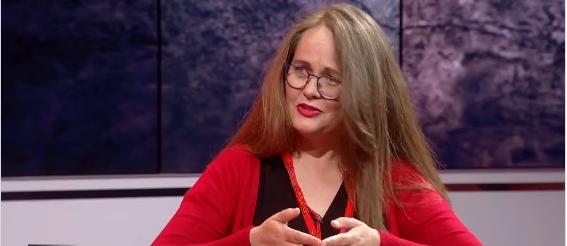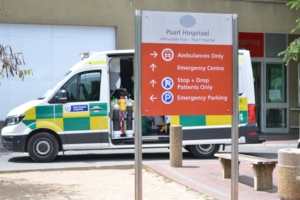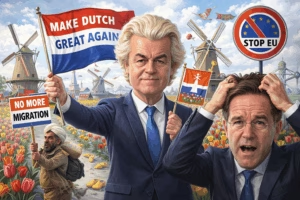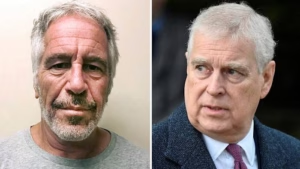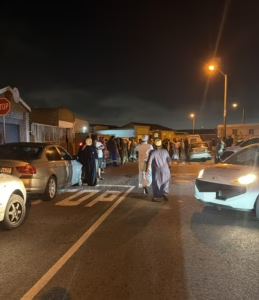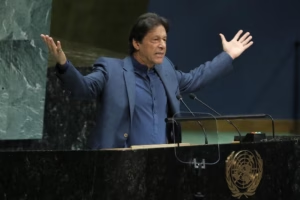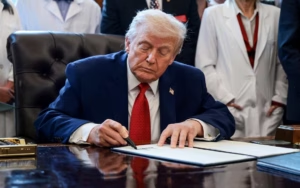A growing number of Afrikaans-speaking South Africans, joined by a historian from the University of Pretoria, have condemned the United States for distorting their lived experiences to serve what they describe as a dangerous and politically motivated agenda.
Distorted Narratives And Political Manipulation
In an open letter titled Not in Our Name: Afrikaners Respond to the Misuse of Their Story in US Politics, the group accuses American conservatives of reshaping Afrikaner identity into a symbol of racial persecution. They say this portrayal, which presents Afrikaners as victims in post-apartheid South Africa, is both dishonest and manipulative.
Their statement comes amid growing concern over the far-right’s use of Afrikaner history to bolster the “Great Replacement” theory — a baseless conspiracy claiming that white populations are being deliberately replaced. This narrative, they argue, grossly simplifies South Africa’s complex social and economic challenges while fuelling resentment abroad.
WATCH | A group of Afrikaners have penned an open letter rejecting the US government’s recent decision to give white South Africans priority for refugee status. UP historian Dr Lindie Koorts says America doesn’t care about Afrikaners but fears the US may not be majority white by… pic.twitter.com/IxGhB1TrnS
— SABC News (@SABCNews) October 28, 2025
The Human Cost Of Misguided Migration
Historian Dr Lindie Koorts from the University of Pretoria told SABC News that some Afrikaners who emigrated to the United States under former president Donald Trump’s refugee resettlement initiative have found themselves trapped in hardship rather than uplifted by opportunity.
“There are media reports, especially in the Afrikaans press, of some of the first group of refugees who went to the US and actually feel quite disillusioned,”
Koorts said.
“It’s not as easy there as here in South Africa, especially if they run into medical difficulties and do not have health insurance in the US. That is an absolute nightmare, not that our system is perfect.”
Koorts explained that the reality for many migrants has been far more difficult than anticipated. High medical costs, limited government assistance, and the emotional toll of separation from family have led to widespread disappointment.
Isolation And Regret Abroad
The historian noted that refugee status can make life abroad particularly isolating. Without the ability to visit home or attend important family events, many of these emigrants have begun to regret their decision. She said that while the hope of safety and prosperity in America was compelling, the reality of starting over in a foreign system often proves disheartening.
Koorts also challenged the notion that Afrikaners, or South Africans in general, meet the international definition of refugees. She pointed out that South Africa, despite its inequalities, is not a nation at war and does not justify asylum-seeking on the grounds of systemic persecution.
“It’s important to understand that this narrative of Afrikaners as endangered is not reflective of the truth. It is being used to manipulate political fears about minority decline by 2050 to serve extremist ends,”
she said.
American Politics And The Exploitation Of Fear
Her remarks followed statements made by Brent Bozell III, the United States’ ambassador-designate, who last week revived Trump’s earlier invitation for Afrikaners to resettle in America. Bozell also criticised South Africa’s position on property expropriation — a contentious domestic issue often exaggerated by foreign commentators to paint the country as unstable.
However, when questioned during a Senate hearing, Bozell was unable to produce any credible evidence supporting claims of a “genocide” against Afrikaners — a claim frequently repeated in right-wing circles but widely debunked by South African authorities and independent analysts.

